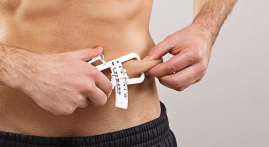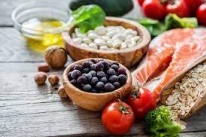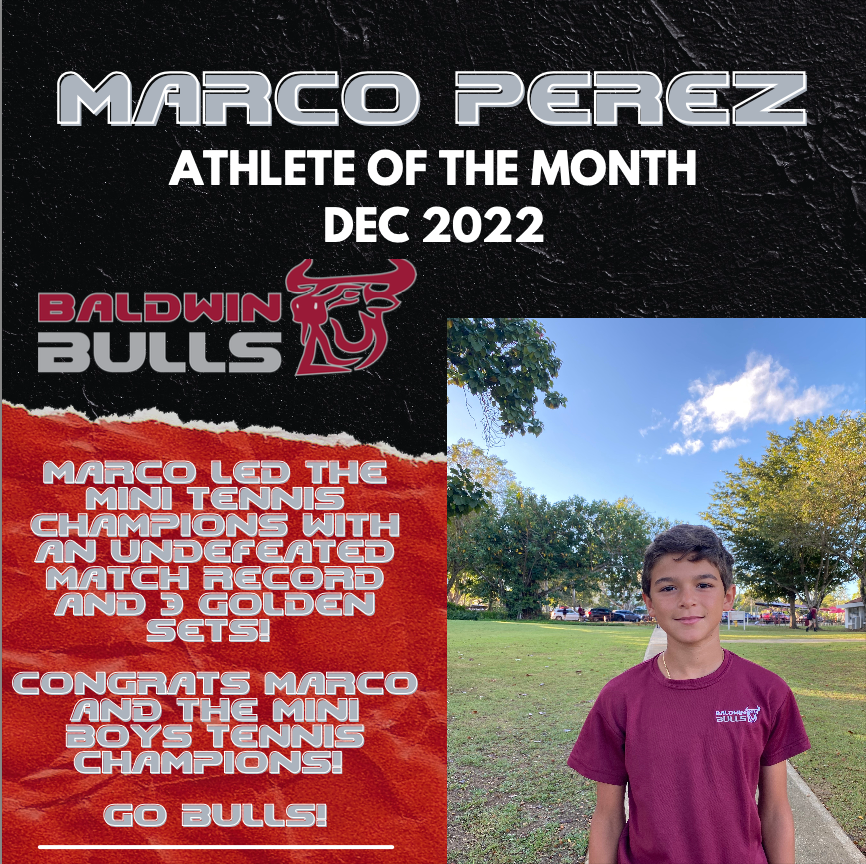Every teenager engaged in school sports knows the exhilaration of pushing their limits on the field, track, or court. However, what many might not realize is that the true game-changer isn’t just the intensity of your workout; it’s what you put on your plate that can define your success. In a world where fast food and sugary snacks often seem like quick solutions, understanding the impact of nutrition on athletic performance is essential.
The Illusion of “Skinny Fat”
Appearances can indeed be deceiving. You might look slim, but that doesn’t necessarily mean you’re healthy. The term “skinny fat” refers to individuals who appear thin but harbor a significant amount of visceral fat, the dangerous kind that wraps around your organs. Consuming processed foods high in sugar, salt, and carbs not only jeopardizes your appearance but also puts you at risk of serious health issues, including atherosclerosis, a condition where arteries harden, leading to increased chances of heart attacks and strokes.

The Futility of Outrunning a Bad Diet
No matter how hard you exercise, you can’t outrun a bad diet. If you’re aiming to shed weight, creating a caloric deficit (burning more calories than you consume) is crucial. However, regularly indulging in high-calorie fatty foods makes this goal incredibly challenging. Junk food lacks essential nutrients, leaving you constantly hungry and devoid of energy. While these empty calories might provide a temporary boost, they won’t sustain long or high-intensity workouts and will eventually be stored as fat.
Quality Nutrition Fuels Performance
For teenagers involved in school sports, understanding the importance of quality nutrition is paramount. Whether you’re strength training or doing cardio, the right nutrients are your best allies. Proteins, found in sources like chicken and salmon, are vital for building and sustaining lean muscle mass. Instead of demonizing certain foods, consider them as fuel. It’s not about labeling food as ‘good’ or ‘bad,’ but about recognizing their energy potential.
A Balanced Approach to Nutrition
Being healthy doesn’t mean giving up foods you enjoy; it’s about balance. Rather than focusing on restriction, shift your perspective to addition. If you’ve had your fill of fiber, consider adding more proteins, omega-3s, or healthy carbs to your diet. By viewing food as fuel for your body, you empower yourself to make healthier choices, enhancing both your athletic performance and overall well-being. In the dynamic world of schoolsports, where every sprint and every goal matters, let your nutrition be your secret weapon. By fueling your body with the right nutrients, you’re not just investing in your athletic prowess but also in a healthier, more vibrant future. Remember, the real victory lies in the synergy of a strong body and a nourished spirit.

BIBLIOGRAPHY (APA):
Department of Health & Human Services. (2000, June 21). Sporting performance and food. Better Health Channel.
https://www.betterhealth.vic.gov.au/health/healthyliving/sporting-perfo rmance-and-food#bhc-content
Editors, M. (2023, March 6). 28-days-to-lean meal plan. Muscle & Fitness. https://www.muscleandfitness.com/nutrition/healthy-eating/28-days-me al-plan-lean-muscle/
Ibarguen, S. (2022, April 8). 10 weight-loss “rules” doctors want you to stop following | livestrong. LIVESTRONG.COM.
https://www.livestrong.com/article/13731508-weight-loss-tips-to-avoid/
Toker, A. (2023, September 25). What happens if you exercise but don’t eat well? CNN.
https://edition.cnn.com/2023/09/25/health/bad-diet-exercise-wellness/in dex.html












Cecibelle Falcon • Mar 18, 2025 at 8:38 AM
Great article.